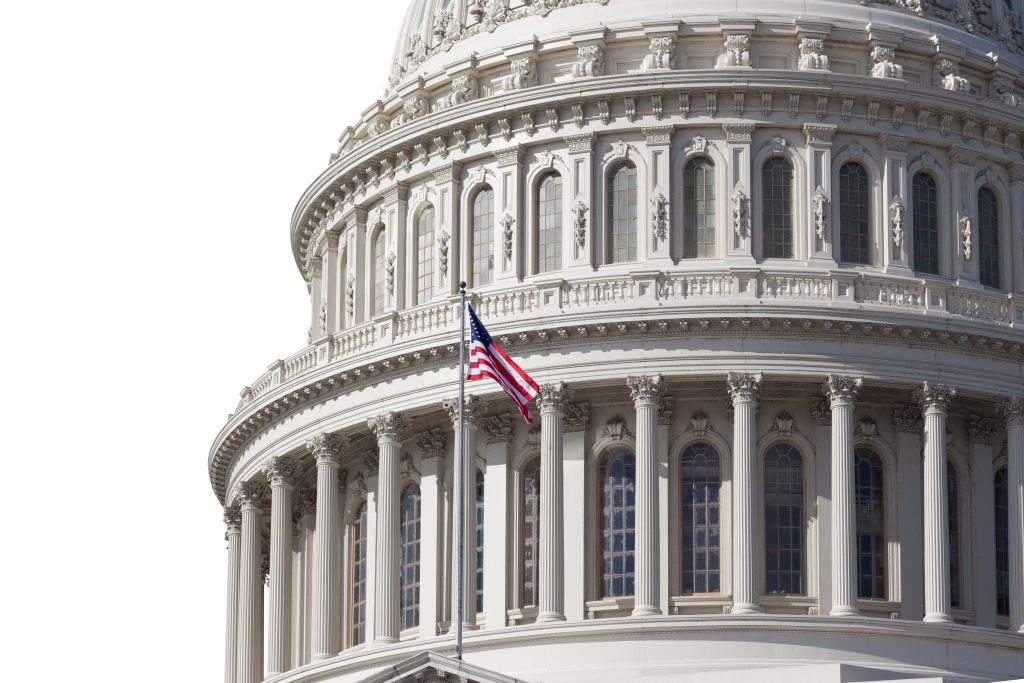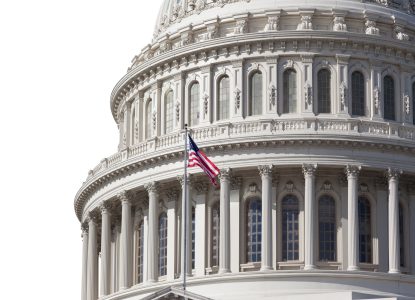By JoAnne Wadsworth, Communications Consultant, G20 Interfaith Forum
– – –
On Jan 31-Feb 1, 2023, the G20 Interfaith Forum and many others attended and contributed at the 2023 International Religious Freedom (IRF) Summit in Washington DC. This session, titled “What is Religious Freedom, and What is it Not?”, fell on the second day of the conference.
Speakers included Robert Destro, Professor of Law at Columbia School of Law and the Catholic University of America; Nicholas R. Fish, President of American Atheists; Talib M. Shareef, President and Imam of the Nation’s Mosque in Washington DC; and Hamza Yusuf, President of Zaytuna College. W. Cole Durham, Jr., President of the G20 Interfaith Organization and Founding Director of the International Center for Law and Religion Studies at Brigham Young University, moderated the discussion.

Durham introduced the topic by presenting Religious Freedom against the backdrop of the IRF Summit Charter, saying that it might be a more productive discussion to simply focus on what Freedom of Religion or Belief (FoRB) is not, rather than the plethora of things that it is.
“A good way to start thinking about it is Freedom OF Religion, FOR Religion, FROM Religion, and IN Religion. It’s inherently related to conscience, to human dignity, and more.”
He then invited each of the panelists to introduce themselves and explain what in their background brought them to the Summit.
Robert Destro
Destro said that his study of the law led him to want to put the “human” back in Human Rights, which led him to question how faith and religion are part of the common human experience. He said that the human dimensions of these experiences and these fundamental rights are what brought him to the Summit.
Talib M. Shareef
Shareef explained that the Nation’s Mosque goes back to the 1930s, established by the descendants of those who had been denied many if not all of the rights in the Universal Declaration of Human Rights, including FoRB. The mosque was dedicated on the day the Universal Declaration of Human Rights was issued. That legacy, in addition to his experience helping to establish the Islamic chaplaincy in the US military, propelled Shareef to be an advocate for Religious Freedom.
Nicholas R. Fish
Fish said, as President of American Atheists, he’d already been asked what in the world he was doing at the IRF Summit several times. He emphasized that Freedom of Religion or Belief also applies to the freedom to not believe, to question orthodoxy, to change your belief, and more.
Hamza Yusuf
Yusuf pointed out that most people—if not all—who were attending the Summit had ancestors who were victims of religious persecution. He said that in a country that appears to be growing more and more anti-religion, FoRB is often a double entendre because it tends to emphasize moral and intellectual freedom—freedom of the mind to adhere to a code of living, rather than the freedom to live life precisely as one pleases.
Panel Discussion
Durham then commenced to ask several questions to the panelists, inviting them to share their perspectives and input.
What is Religious Freedom NOT?
Nicholas R. Fish:
Secularism doesn’t entail a dominance of non-religious lifestyles over the religious, but rather emphasizes that public institutions and services need to maintain neutrality. When we operate in shared spaces, it’s important to recognize that.
FoRB is also not a trump card over other Human Rights—they’re all intertwined and must work together. We still need equal access to services, shared humanity, and a place in society. We need to exercise caution in not making it the “top human right.”
Talib M. Shareef:
In Islam, the word for religion can be translated as “a way of life.” We don’t have a right to infringe on other people’s beliefs—they get to be the way they are. Mohammad established a society that treated everyone as the creation of a higher being, and Medina was originally a place where people learned to be civil and interact with each other.
Hamza Yusuf:
We’re in a transitional generation, moving away from traditional religion. However, religion was the scaffolding our societies were built on, and many believe that nothing will be left if that scaffolding is removed. Even the word “secularism” comes from Christian thinkers—and many of the builders of the nation didn’t see a republic as possible without religious sentiment and belief.
Robert Destro:
As religion itself is often the glue that holds a community together, where is the dividing line between public space and private space under the law? It needs to be more than “I’m ok with freedom of religion as long as you go in your house and lock the door.” If we’re truly equal, don’t I have to take you as I find you, whether I like it or not? We need to make sure we aren’t forcing people to bow down to the “gods” of today’s community in order to be members of it.
What is Secularism?
Nicholas R. Fish:
It’s difficult to get an agreed-upon definition, but secularism is not against religion in the public space. Politicalized religion, however, is a problem, because discourse and the ability to challenge things breaks down. In regimes where dissent is silenced, the nation is less free. In nations where there is separation of church and state and true pluralism, there is a tendency to flourish.
Hamza Yusuf:
However, what does flourishing mean? I’ve found that in some of the world’s poorest countries where people aren’t flourishing economically, the psychological states of the people are healthier than the massive mental health crisis we see in the US today. Flourishing includes developing the soul, and without religion and deeper meaning we lose even art and become nihilistic, spineless consumers.
Talib M. Shareef:
There’s something deep down that’s driving each and every one of us—and that’s what we have to be free to explore. The invisible influences the visible, so we have to allow people to explore the invisible drive and natural order behind things.
Cole Durham, Jr:
There appears to be becoming more and more room for collaboration with religion in the secular space—even in prominent secular societies like France, Italy, and Turkey. We have to be careful with this collaboration, but this is a significant shift from the 1970s. I find myself wondering if this “thinning” secularism was ever as absolute as is being claimed, and if this shift toward greater accommodation of religion is reflective of religious liberty.
What does FoRB require from governments? How much partnership between faith and government is legitimate, and when does it become a problem? Is it merely an individual right, or does it include communities?
Hamza Yusuf:
It’s very odd that in the US, where Freedom of Religion is enshrined in the First Amendment, religions are becoming so nervous about their rights—particularly in connection to 501-C3 status, etc.
Nicholas R. Fish:
Freedom of Religion includes the ability to gather in communities, etc., but it’s an individual right that protects human beings – not the ideas and belief systems and institutions themselves.
Talib M. Shareef:
However, people are part of and exist in communities. You can’t separate the two and give people freedom while restricting communities.
Conclusion
In conclusion, Durham and Destro (who assisted as moderator) offered closing remarks before the time allotted for the discussion elapsed.
Destro reminded the audience that in a pluralistic society, believing differently does not give one the ability to claim psychic injury if they see someone else doing something they disagree with. The role of “offended observer,” shutting people down according to the norms of today’s cancel culture, cannot be legitimized in Religious Freedom.
Durham then summarized key points regarding the discussion:
“Religious freedom is not a mask to cover bigotry. It’s pluralistic, leaving open a real framework for us to live together—and it’s a modern key to living together in peaceful ways, protecting everyone.”
– – –
JoAnne Wadsworth is a Communications Consultant for the G20 Interfaith Association and acting editor of the “Viewpoints” blog.


